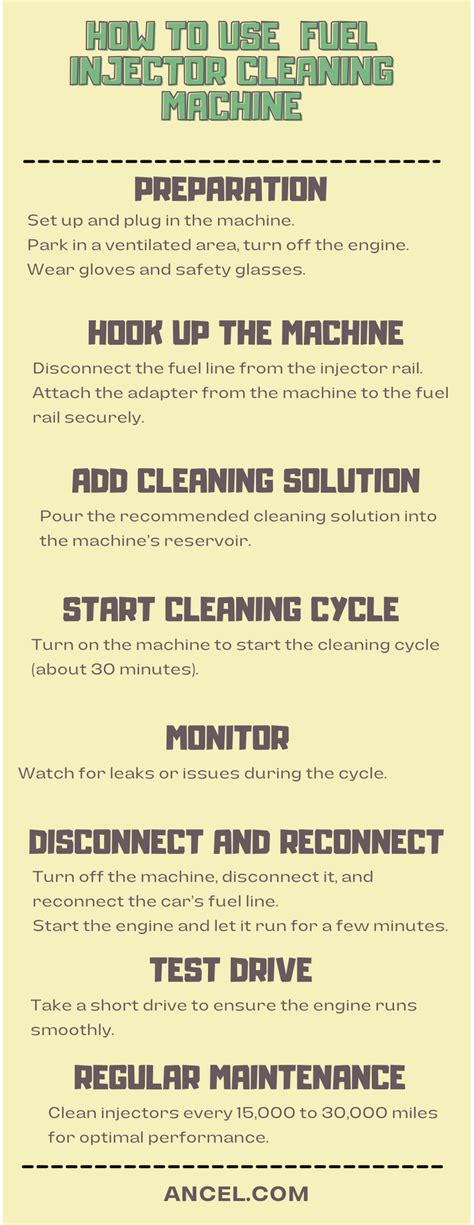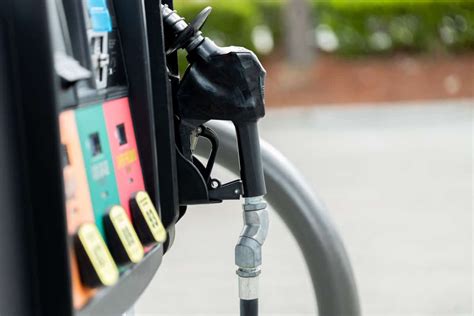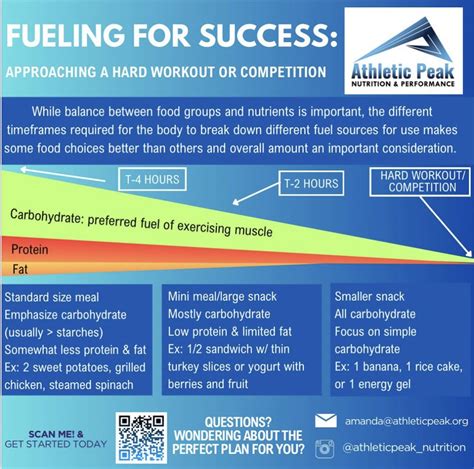Understanding Fuel Injector Cleaners
Fuel injector cleaners are chemical additives designed to remove deposits that accumulate on fuel injectors over time. These deposits, primarily from gasoline byproducts, can disrupt the precise spray pattern of the injectors, leading to inefficient fuel delivery and a host of engine performance issues. While modern gasoline often contains detergents, they may not always be enough to prevent buildup, especially in older engines or those that frequently use lower-quality fuel.
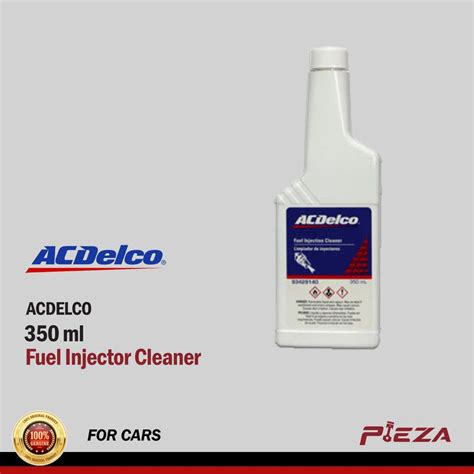
Signs Your Engine Needs a Cleanse
Your vehicle’s engine often gives clear signals when its fuel injectors are struggling. Paying attention to these symptoms can help you determine if it’s time for a cleaner:
- Rough Idle: If your engine idles unevenly, vibrates more than usual, or feels like it’s struggling to stay on, dirty injectors could be a culprit.
- Reduced Fuel Economy: Inefficient fuel spray patterns mean your engine isn’t burning fuel optimally, leading to a noticeable drop in miles per gallon (MPG).
- Loss of Power or Hesitation: When accelerating, if your car feels sluggish, struggles to gain speed, or hesitates, it might be due to restricted fuel flow.
- Engine Misfires: Dirty injectors can cause inconsistent combustion in one or more cylinders, leading to misfires, which might trigger a check engine light.
- Increased Emissions: An engine running rich (too much fuel, not enough air) due to poor atomization can lead to higher tailpipe emissions and a failed emissions test.
- Hard Starts: While less common, deposits can sometimes affect starting, especially in cold weather.
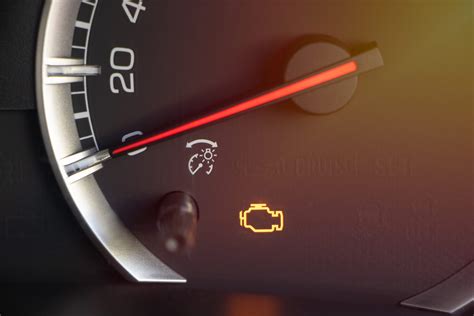
Proactive Maintenance: When to Use Regularly
Even without obvious symptoms, many automotive experts and manufacturers recommend using a fuel injector cleaner as part of a regular maintenance schedule. The general consensus for proactive use is:
- Every 3,000 to 5,000 Miles: For most standard formulations, adding a bottle to your gas tank every few thousand miles can help prevent significant buildup.
- Every Oil Change (or Annually): Some mechanics suggest using it with every oil change, or at least once a year, to maintain optimal fuel system health.
- Before Long Trips: Ensuring your fuel system is clean before a long journey can contribute to better performance and fuel efficiency.
This preventative approach is particularly beneficial for engines that frequently do short trips, experience stop-and-go city driving, or use lower octane fuels, all of which can contribute to deposit formation.
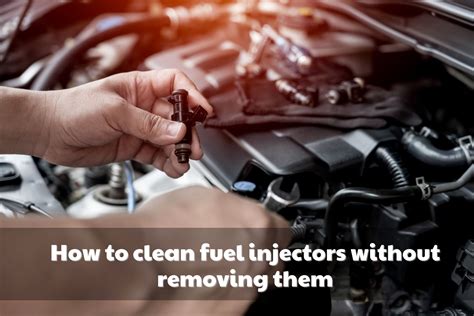
When Not to Use (or Overuse)
While beneficial, fuel injector cleaner isn’t a cure-all and shouldn’t be overused or relied upon for every engine issue. Consider these points:
- Don’t Overdo It: Using a cleaner more frequently than recommended by the product or your mechanic can potentially introduce too many detergents into the system, which isn’t necessary and could, in rare cases, dislodge larger chunks of carbon that clog the fuel filter. Stick to the recommended dosage and frequency.
- Not for Mechanical Failures: If your engine has a serious mechanical problem (e.g., worn spark plugs, faulty sensors, major engine damage), a cleaner won’t fix it. It’s designed to remove carbon deposits, not repair broken parts.
- New Engines: Newer vehicles with very few miles on them generally don’t need fuel injector cleaner, as their systems are clean and their fuel is typically formulated with modern detergents.
- Diesel Engines: This article specifically addresses gas engines. Diesel engines have different fuel systems and require specific diesel fuel system cleaners.

Choosing the Right Cleaner and Usage
Fuel injector cleaners come in various strengths. For routine maintenance, a standard “pour-in” cleaner added to a full tank of gas is usually sufficient. If you’re experiencing significant symptoms, you might opt for a more potent, concentrated cleaner, sometimes labeled as “complete fuel system cleaner” or “heavy-duty.” Always follow the specific instructions on the product label regarding the amount to use and how often.
For severe cases of carbon buildup, or if symptoms persist after using an over-the-counter product, a professional fuel injection service performed by a qualified mechanic might be necessary. This often involves specialized equipment to deliver a more concentrated cleaning solution directly to the injectors.
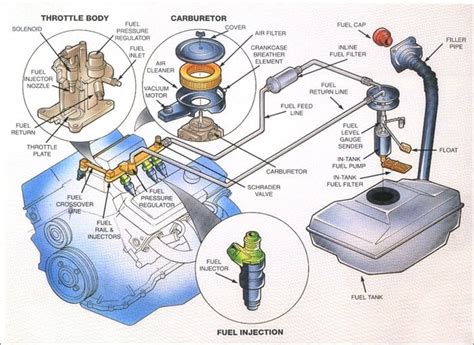
Conclusion
Fuel injector cleaner is a valuable tool for maintaining the health and efficiency of your gas engine. Use it proactively every 3,000-5,000 miles or annually to prevent deposit buildup. If you notice signs like rough idle, poor fuel economy, or reduced power, it’s definitely a good time to consider a treatment. Remember, it’s a maintenance aid, not a repair solution for mechanical failures. Regular use can help ensure your engine runs smoothly, economically, and reliably for years to come.
